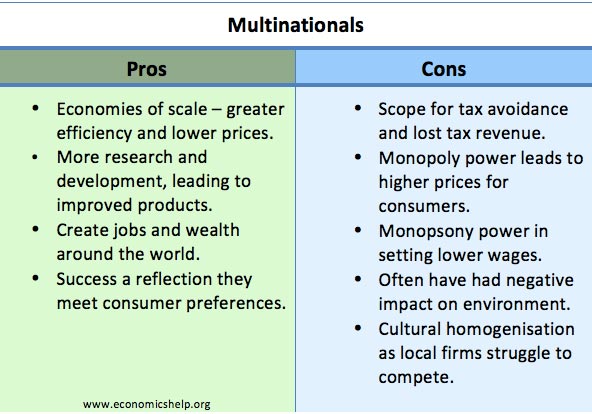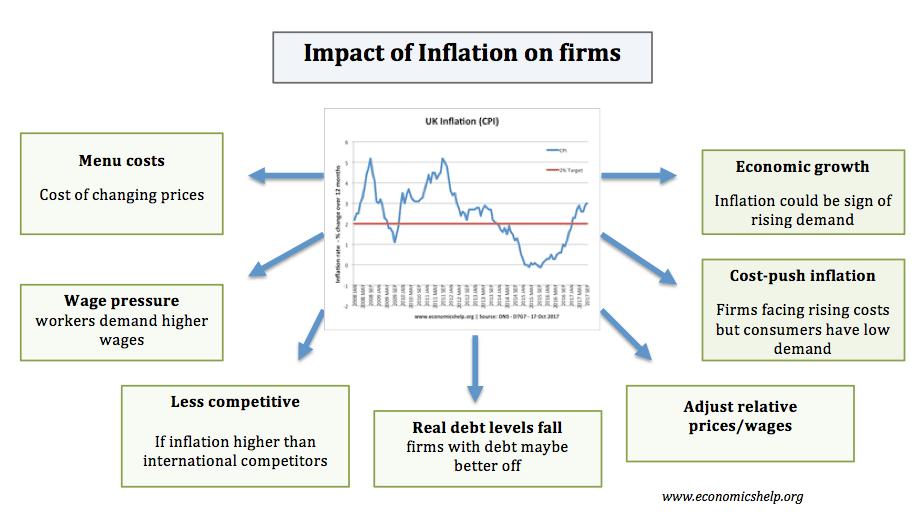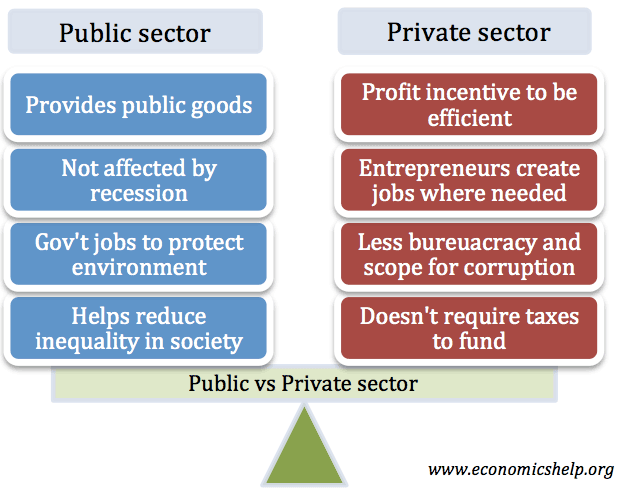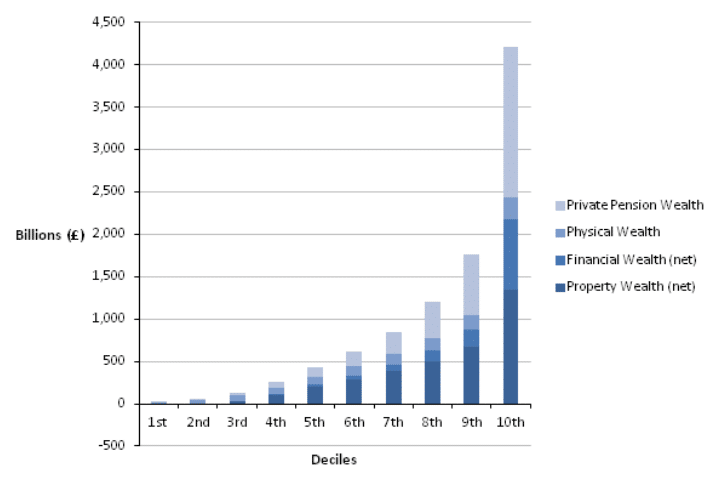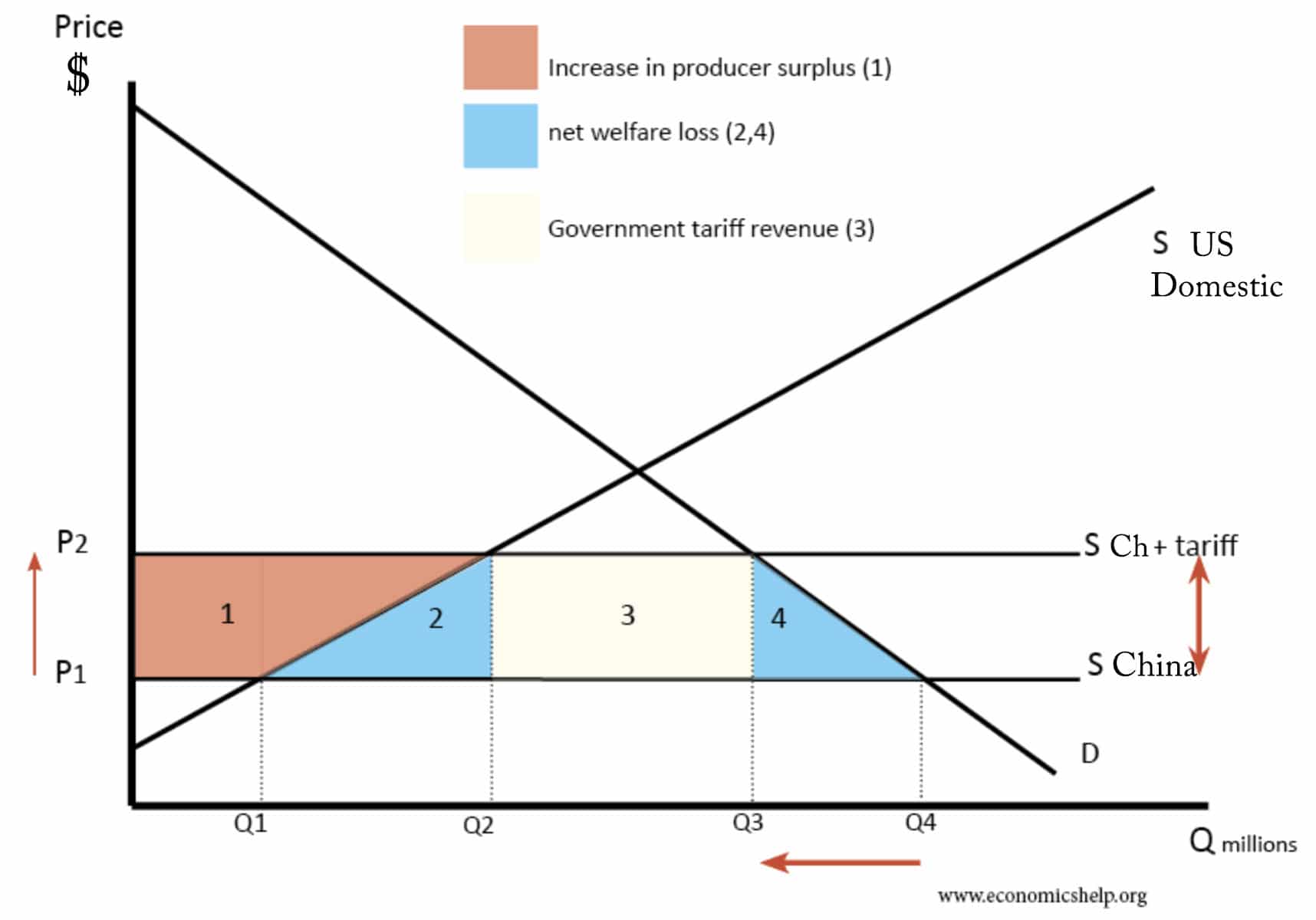In the nineteenth century, the UK was characterised by high levels of income inequality. However, from the start of the twentieth century until 1978, there was a steady fall in inequality and reduction in poverty (both relative and absolute). However, the 1980s saw a sharp rise in inequality which has not been reversed in the 1990s and 2000s.
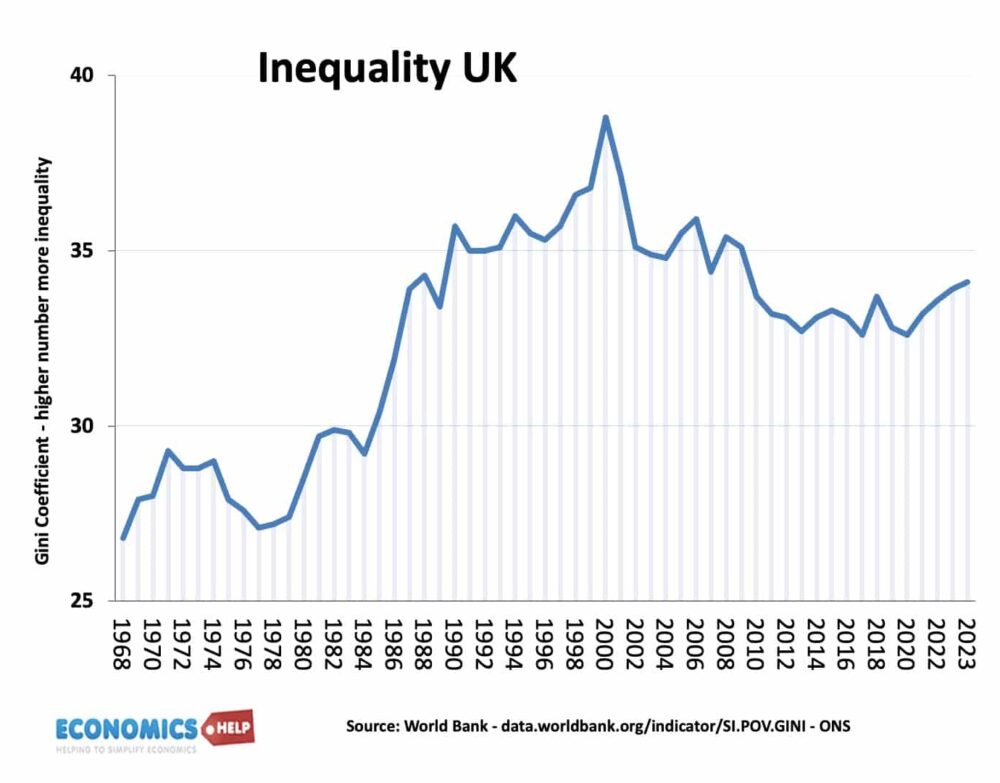
Reasons for post-war fall in inequality
- Welfare state – benefits for the unemployed, sick
- Higher income taxes on high earners
- Period of full employment
- Rising wages for the working class.
- Erosion of class privileges
- Improvement in universal education and universal health care.
- See also: post-war economic boom


